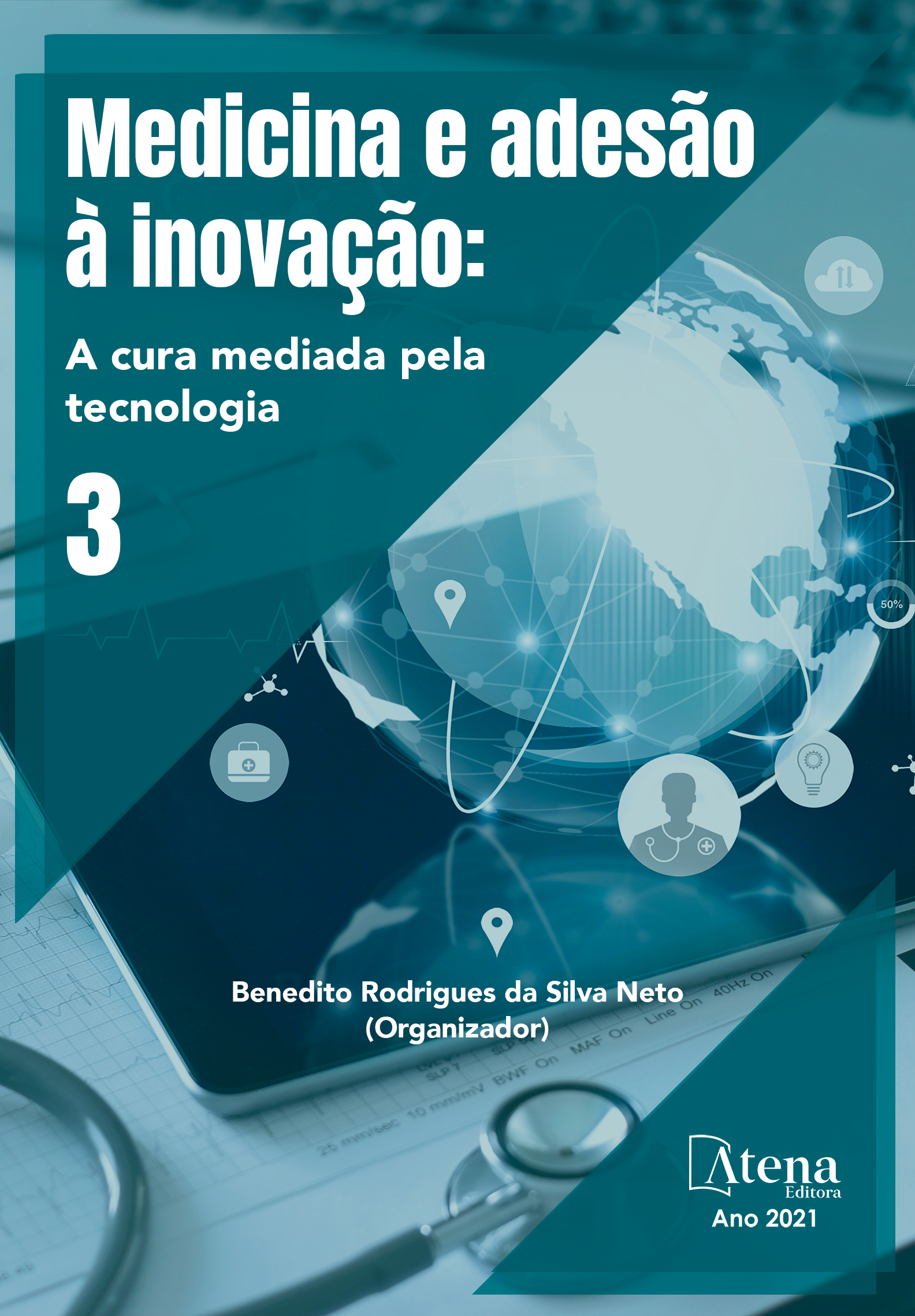
TELEATENDIMENTO POR ACADÊMICOS DE MEDICINA: EXPERIÊNCIA PRÁTICA NA SAÚDE INFANTIL
“O analfabeto do século XXI não será aquele que não sabe ler e escrever, e sim aquele que não souber aprender, desaprender e reaprender”. Consoante Alvin Toffler, a sociedade deve se reinventar de acordo com as circunstâncias em que é inserida. Nesse contexto, o campo acadêmico se reconstituiu, de forma que as Diretrizes Curriculares Nacionais permanecessem pautadas durante o isolamento social. Assim, o teleatendimento foi o método encontrado por profissionais e acadêmicos para o vínculo médico-paciente. Objetivos: Relatar a experiência do teleatendimento realizado por acadêmicos e preceptores do UNIFESO. Relato de experiência: O eixo de prática profissional – IETC, do curso de Medicina do UNIFESO, desenvolveu um plano de acompanhamento remoto a famílias amparadas por celulares. Os teleatendimentos foram realizados de modo que os nascidos entre 2019 e 2020 fossem assistidos pelo primeiro período. Nesse viés, a seleção dos pacientes ocorreu aleatoriamente através do cadastro do teste do pezinho, disponibilizado pela unidade de saúde municipal. A experiência de auxiliar à distância contribuiu para assessorar as realidades em estudo: os relatos das mães foram ouvidos e a análise de saúde infantil foi realizada individualmente. Acesso ao serviço de saúde, parâmetros de crescimento e de desenvolvimento, alimentação, higiene, e vacinação das crianças foram considerados remotamente, possibilitando um retorno às mães. Reflexão sobre a experiência: O cuidado à distância excede as fronteiras tradicionais, o que é desafiador, visto que as habilidades precisarão ser desenvolvidas de maneira que os atendimentos sejam exercidos conforme as DCNs. Conclusões: Foi ressaltada a adaptação acadêmica e profissional, mantendo os atores sociais acolhidos na rede de saúde. Ademais, conhecimentos foram adquiridos pelos acadêmicos, sendo notório o cuidado e o aprendizado transformativo, o qual transcende o nível cognitivo, atuando, também, nos níveis afetivo e experiencial, ampliando a percepção da boa prática médica e a importância de “aprender, desaprender e reaprender”.
TELEATENDIMENTO POR ACADÊMICOS DE MEDICINA: EXPERIÊNCIA PRÁTICA NA SAÚDE INFANTIL
-
DOI: 10.22533/at.ed.52821040827
-
Palavras-chave: telessaúde; formação médica; educação em saúde.
-
Keywords: telehealth; medical formation; health education.
-
Abstract:
"The illiterate of the 21st century will not be the one who cannot read and write, but the one who cannot learn, unlearn and relearn. According to Alvin Toffler, society must reinvent itself in accordance with the circumstances in which it finds itself. In this context, the academic field has reconstituted itself, so that the National Curricular Directives would remain guided during the social isolation. Therefore, telecare was the method found by professionals and academics for the doctor-patient bond. Objectives: To report the experience of telecare performed by UNIFESO's students and preceptors. Experience report: The professional practice axis - IETC, of UNIFESO's Medicine course, developed a plan for remote assistance to families using cell phones. The telecare calls were carried out so that those born between 2019 and 2020 were assisted by the first period. In this perspective, the selection of patients occurred randomly through the registration of the neonatal heel prick test, made available by the municipal health unit. The experience of assisting at a distance contributed to assess the realities under study: the mothers' reports were heard and the analysis of child health was performed individually. Access to health care, growth and development parameters, feeding, hygiene, and vaccination of the children were analyzed remotely, allowing feedback to the mothers. Reflection on experience: Remote care exceeds traditional boundaries, which is challenging, since skills will need to be developed in order to provide assistance according to the NCGs. Conclusions: The academic and professional adaptation was highlighted, keeping the social participants welcomed in the healthcare network. Furthermore, knowledge was acquired by the students, and the care and transformative learning was evident, which transcends the cognitive level, also acting on the affective and experiential levels, expanding the perception of good medical practice and the importance of "learning, unlearning, and relearning".
-
Número de páginas: 10
- Iago Fariña de Albuquerque Melo
- Isabela da Costa Monnerat
- Therry da Silva Ferreira
- Ana Carolina Borba de Frias


